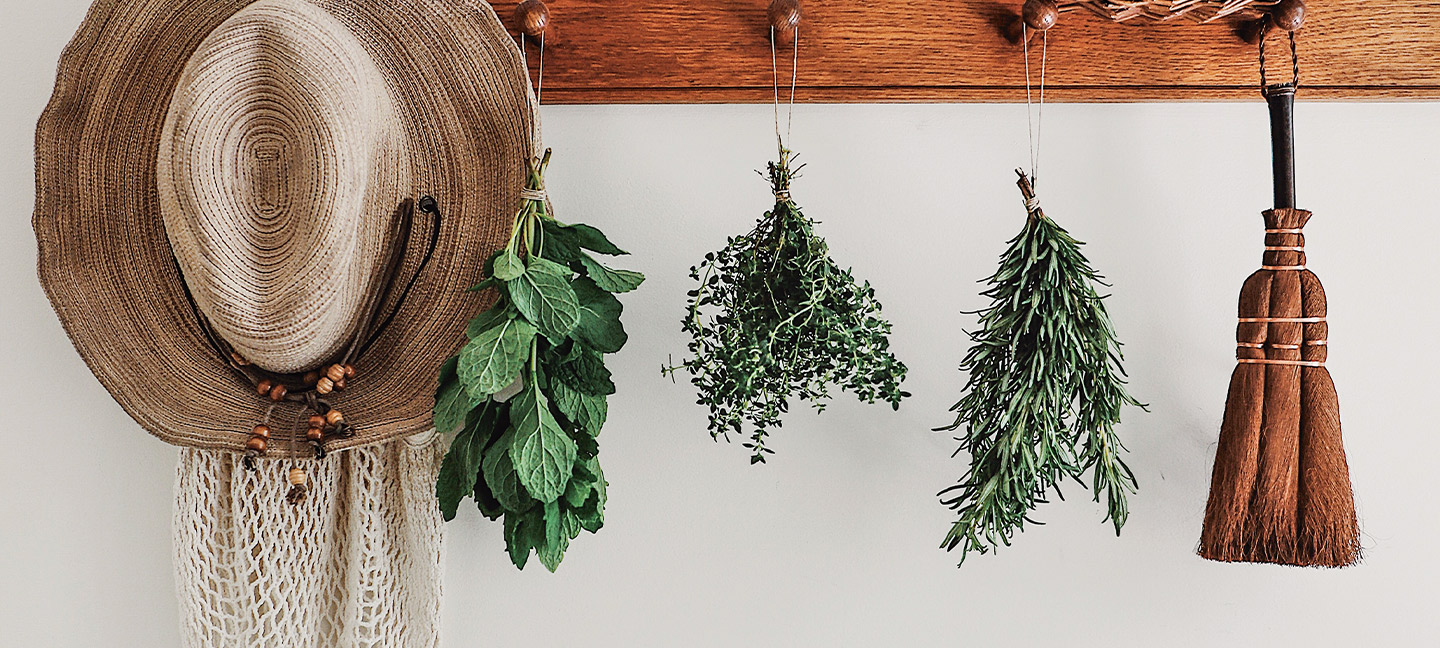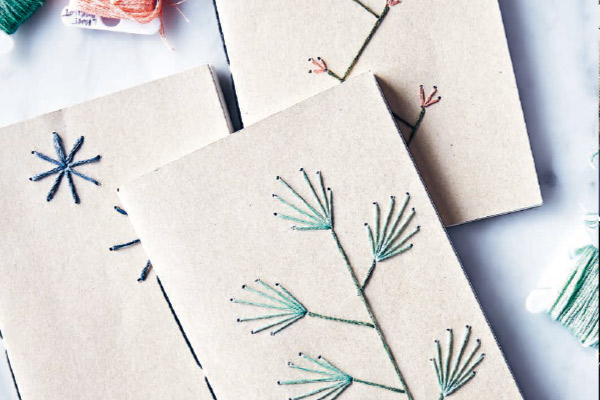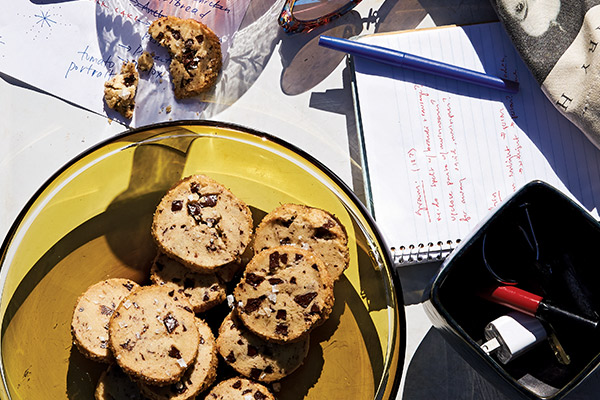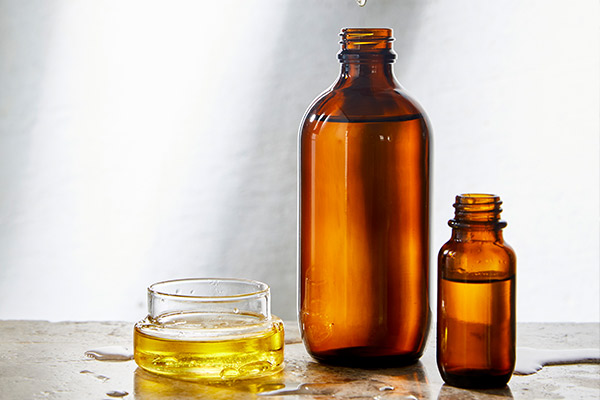How to make your own natural cleaning products
2 May 2020 | Julia Watkins
Cleaning products contain some of the harshest chemical ingredients out there, not only are these ingredients potentially harmful to the health, the packaging from traditional cleaning products are harmful to the environment. If you're looking to reduce the amount of toxic chemicals that you use in the home, here are some easy homemade cleaning products to replace common store-bought ones.
Make your own natural cleaning products
Homemade Lemon Liquid Dish Soap

When it comes to hand-washing dishes, I like to use a wooden-handled scrub brush and a bar of savon de Marseilles. A traditional olive oil–based soap, savon de Marseilles has been around for six hundred years and makes an excellent alternative to chemical and petroleum-based soaps. Culturally, we’re in the habit of using liquid soaps for dishwashing, but bar soaps work just as well in terms of cleaning. That said, if you really love your liquid soaps, which I do understand, here is one recipe that is simple and sudsy—perhaps not quite like a big dollop of Palmolive, but definitely more so than plain castile soap.
| INGREDIENTS
1⁄2 cup water (preferably distilled) 2 tablespoons distilled white vinegar 1⁄2 cup Sal Suds 1 tablespoon jojoba or almond oil 1 tablespoon vitamin E oil (optional) 10 drops lemon essential oil (optional) |
DIRECTIONS
Using a small funnel, pour the water and vinegar into a glass soap pump dispenser. Cap and shake well. Add the Sal Suds, jojoba oil, and vitamin E oil and lemon oil, if using. TO USE Tip the bottle upside down and right side up a few times to gently mix ingredients before using. |
Homemade Herbal Scouring Powder

| INGREDIENTS
1⁄2 cup washing soda, store-bought or homemade 1⁄2 cup baking soda 2 teaspoons citric acid 1⁄2 cup dried herbs (optional) 5 to 10 drops lemon essential oil (optional) |
DIRECTIONS
Combine all the ingredients in a medium bowl and then store in an airtight container. TO USE Sprinkle surface with scouring powder, add water to form a paste, and scrub. Let the paste stand for 10 minutes, then rinse or wipe clean with a damp rag or towel. Be sure to wear gloves, as washing soda is caustic and can irritate the skin. |
Homemade Dishwasher Detergent Tabs

| INGREDIENTS
1 cup washing soda, store-bought or homemade 1 cup baking soda 1⁄4 cup citric acid 1 cup kosher salt 5 drops essential oil (optional) 1 cup water Distilled white vinegar, as needed |
DIRECTIONS Combine the washing soda, baking soda, citric acid, salt, and essential oil, if using, in a bowl and mix well. Add the water slowly to try to prevent too much of a reaction. Mix the ingredients slowly but thoroughly, then spoon the mixture into silicone molds. Allow the mixture to dry and harden for about an hour. Once hardened, remove the tabs from the mold and store them in an airtight container. TO USE Use one tab per load, along with 2 tablespoons of distilled white vinegar added to the rinse compartment. |
Homemade Fabric Softener
Fabric softeners sound good in theory—they reduce wrinkles and static cling, pre-vent stretching, fading, and pilling, and leave clothes feeling softer and smelling fresh. But are they worth it? The Environmental Working Group recommends avoiding commercial fabric softeners because they contain chemicals that trigger asthma and damage the reproductive system. They’re also believed to harm the environment and cause indoor and outdoor air pollution. As an alternative, you can add vinegar to the rinse cycle to smooth natural fibers and reduce static cling. If you’re concerned about the smell of vinegar, don’t worry—it dissipates when the clothing dries.
| INGREDIENTS
1 litre distilled white vinegar 10 drops essential oil (optional) |
DIRECTIONS
Combine the vinegar with the essential oil (if using) and store in an airtight 1 litre glass jar. TO USEWhen ready to wash clothes, add 1⁄2 cup to the rinse cycle compartment or to the main compartment when the rinse cycle begins. |
This an edited extract from Simply Living Well: A Guide to Creating a Natural, Low-Waste Home by Julia Watkins
Available now at bookstores and online
Click here to find your preferred online retailer




